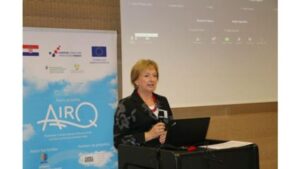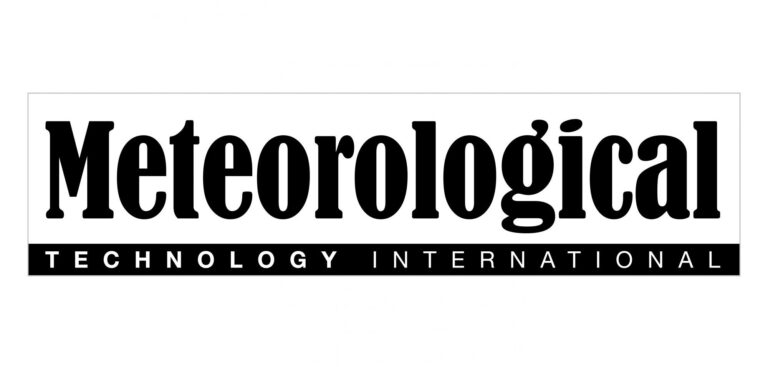The eighth Challenges in Meteorology conference was held in Zagreb on April 28 and 29, 2022, and focused on air quality and forecasting and the sharing of the latest scientific developments.
Attendees discussed how air quality is an essential property of the atmosphere, which is constantly changing and dependent upon natural processes and human activities, and the effect that air quality will have on human activities, health and quality of life.
The goals of the conference were to exchange the latest scientific results in the fields of meteorology, environmental protection and sustainable development; to strengthen communication with users of meteorological data and products, the general public and the media; and to promote and popularize meteorology. The intention was to achieve closer interdisciplinary cooperation of meteorologists with users from all areas of social and economic activities viewed through the prism of sustainable development and air quality improvement.
 During the two days of the conference, research was presented through 49 lectures and 12 posters. The conference program was divided into a number of thematic sessions: environment protection: air quality – observations and modeling; climate change and adaptation – observations and modeling; meteorological extremes and their impacts; climatology and biometeorology; agrometeorology; applied meteorology; and weather forecasts.
During the two days of the conference, research was presented through 49 lectures and 12 posters. The conference program was divided into a number of thematic sessions: environment protection: air quality – observations and modeling; climate change and adaptation – observations and modeling; meteorological extremes and their impacts; climatology and biometeorology; agrometeorology; applied meteorology; and weather forecasts.
The speakers were Astrid M M Manders from TNO in the Netherlands; László Haszpra, from the University of Eötvös Loránd in Hungary; Jadranka Šepić, from the University of Split in Croatia; Winfried Schröder from the University of Vechta in Germany; and Josipa Milovac from the University of Cantabria in Spain.
The event was held in a hybrid concept with 103 participants in person and 56 online participants. This concept enabled several participants to present their work remotely due to last-minute circumstances.
The conference was organized by the Croatian Meteorological Society, the Croatian Meteorological and Hydrological Service; the Department of Geophysics, Faculty of Sciences, University in Zagreb; and Croatia Control.



